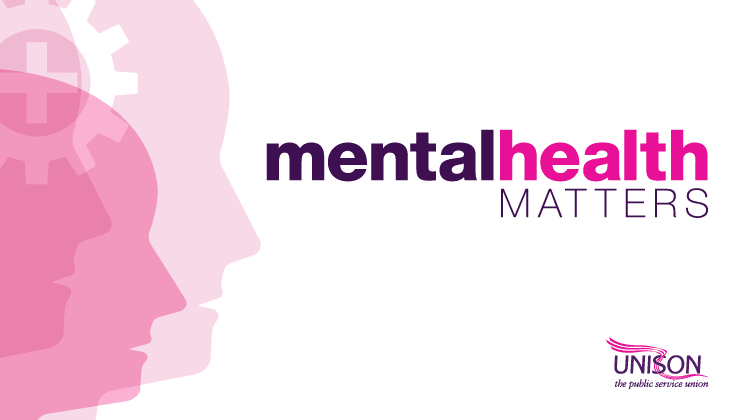In 2012 MPs passed a Bill that essentially said that mental health was as important as physical health.
Many people had known that for a long time, but that Bill now meant that regarding mental health as equal to physical health was set in law. Mental health campaigners rejoiced that it was being taken more seriously.
Fast-forward five years and the clause in the Health and Social Care Act hasn’t quite had the impact that many had hoped for.
According to the Centre for Mental Health, mental illnesses account for 28% of the burden of disease but only 13% of NHS spending.
The government requires NHS England to treat mental health as importantly as physical – so-called ‘parity of esteem’. But this doesn’t seem to be happening in practice.
Data released by the NHS last October, and analysed by the Health Service Journal, showed that more than a fifth of commissioners are failing to raise mental health spending by as much as directed by NHS leaders. And what’s worse, eight are actually reporting cutting their budgets.
About the data
- The data was published in October 2016.
- The figures for projected spending in the year 2016-17 may not be what the Care Commissioning Groups actually end up spending.
- Two of the Trusts responded to the Health Service Journal to explain the difference in funding. South East Staffordshire and Seisdon Peninsula CCG said its mental health spending had been reduced due to a “one-off investment” being made within 2015-16, while Warwickshire North CCG said that the reduction was a mistake due to its spend in 2014-15 being overstated by £2.5, which had now been corrected.
The NHS has recently started to publish data on spending on mental health, you can read more about it here.
In 2016, UNISON members who work in mental health filled in a survey on the impact of the cuts on their services. Over 63% said the cuts had caused a reduction in services, and 88% said they had resulted in an increased workload for staff.
About the data
- 1,162 people filled in the survey in May 2016.
At UNISON we have thousands of members who work in mental health. We have reps who are trained to support people experiencing mental health problems, and – because one in four people experience mental health problems each year – we potentially have around 350,000 members who will face a mental health problem in 2017.
That’s why we’ve launched our Mental health matters campaign calling for more funding for mental health services – and we’re doing this series of articles looking at mental health.
UNISON is the largest union in the NHS and we believe there should be proper investment and support for mental health services.
Mental health and you
Asking members for their experience of mental health services


